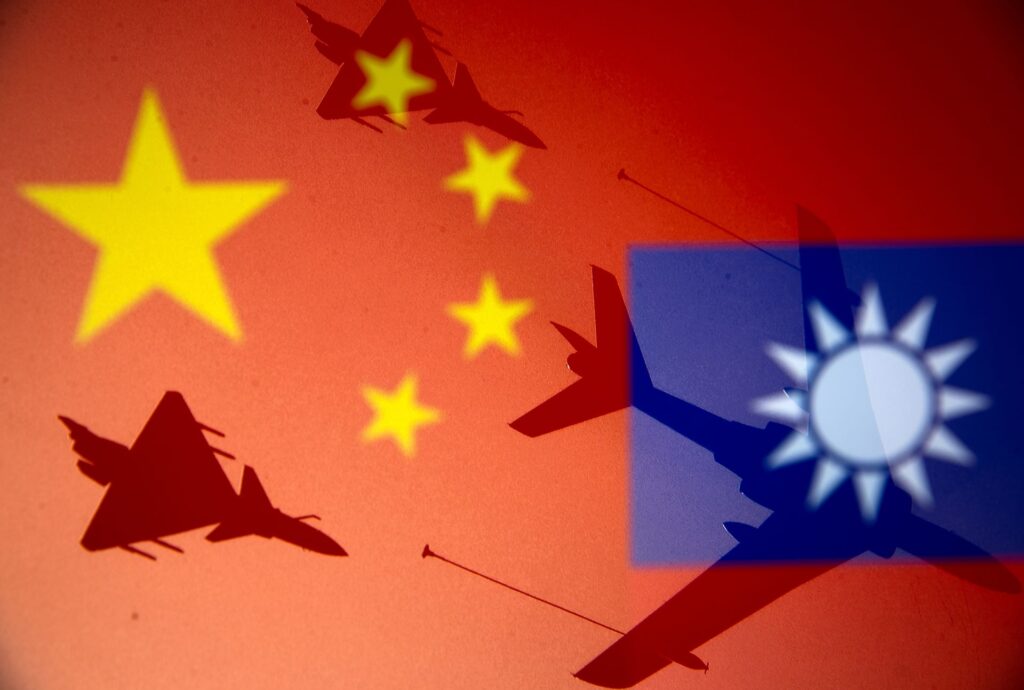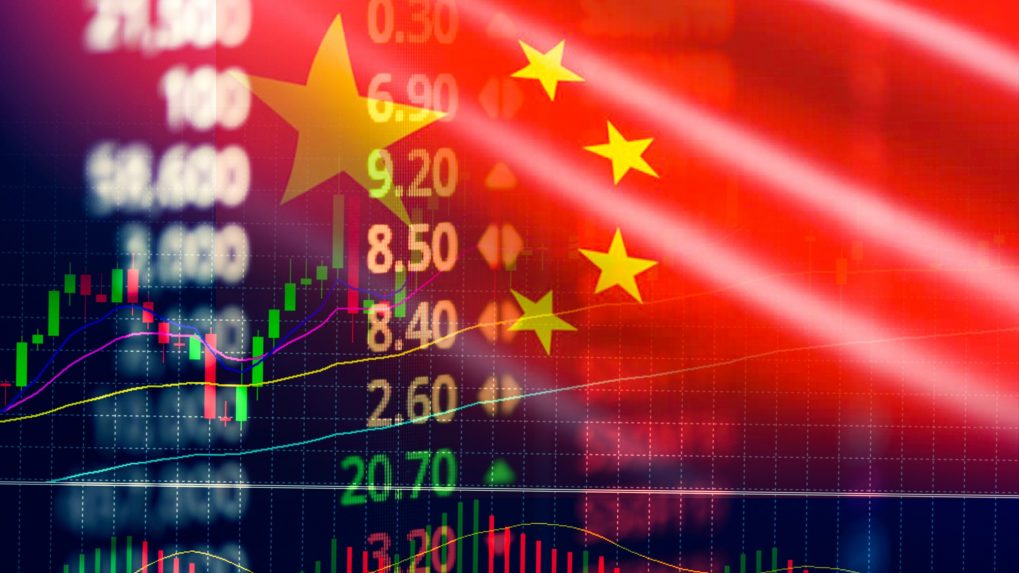Under the Australia, UK, US (AUKUS) security pact announced on 15 September 2021, the three countries will share technology and expertise to enable Australia to become only the seventh country in the world to acquire nuclear-powered submarines, joining China, France, India, Russia, the UK and US.
Although nuclear powered, Australia’s submarines will not have nuclear weapons, but they will be faster, harder to detect and able to fire missiles further than conventional submarines. When announcing the pact, no reference was made to China, but many see this as a move to contain China’s ambitions in the South China Sea. China certainly sees it that way, characterising the pact as ‘extremely irresponsible’, ‘damaging to regional peace’ and reflecting a ‘Cold War mentality’.
More sour than sweet
The pact highlights the concerns of America and its allies about China’s suppression of human rights at home and aggression abroad. In Xinjiang, human rights groups accuse China of crimes against humanity by detaining more than a million, mostly Muslim, Uyghursin ‘re-education camps’, where they are tortured and sexually abused. In March 2021, the G7 countries criticised China’s anti-democratic laws that allow only approved ‘patriots’ to be elected in Hong Kong. Beijing regards Taiwan as part of China; Taiwan regards itself as an independent country. The election of the pro-independence Democratic Progress Party in Taiwan, in 2016 and 2020, has increased tensions, leading some to fear that China will take the island by force.

China also reacts forcefully to criticism from other countries. Responding to Australia’s complaints that it was blocking investigations into the origin of Covid-19, China exploited its position as Australia’s biggest export market by imposing heavy tariffs and other economic sanctions on Australian goods. China even suspended its limited trade with Lithuania after the small Baltic state agreed to exchange diplomats with Taiwan. Acting against Lithuania was a thinly disguised message from China to its larger EU trading partners, notably Germany.
Strategic options
In response to China, the US and its Western allies have three options. First, to accept Chinese dominance and the decline of Western influence and a world less accepting of the rights of individuals and diversity. Second, to resist China militarily and be prepared to fight. Some see the new AUKUS pact as a step towards inevitable conflict as China challenges the US, citing the ‘Thucydides trap’. This refers to the Greek historian’s view in his History of the Peloponnesian War that it was, ‘the rise of Athens and the fear that this instilled in Sparta that made war inevitable’.
Third, to find a way of living with China, while robustly defending and promoting Western interests, such as maintaining the rules-based economic and political international order and preventing Chinese territorial expansion by force. While the most preferable option, it requires a complex balance of diplomacy based on strength. The West will have to maintain its technological and economic superiority over China. This will be difficult. China is not the old Soviet Union, but an economic powerhouse whose GDP may exceed that of the US and the EU combined by 2050.
China also must regard any threatened use of Western military force as credible, but there are cracks in the Western alliance. The AUKUS security pact was not only criticised by China, but also by France as the new pact means Australia will cancel its deal, worth around 75bn euros, to buy 12 conventional submarines from France. Western resolve for military action was tested by Russia in Georgia in 2008, and Ukraine in 2014. Russia’s gamble that the West would not fight paid off. However, Russia is very cautious about any move against the Baltic states that are now in the EU and NATO. The US, along with Europe, Japan and South Korea, need to decide how to respond to a military attack by China against Taiwan, whether to tolerate it, as with Russia and Ukraine, or defend Taiwan like a NATO ally with a full retaliatory response. China also needs to know what that decision is.
China’s weaknesses
While recognising China’s strengths, its weaknesses should not be overlooked. China rules in fear of its own people. As well as in Xinjiang and Hong Kong, China is accused of suppressing freedom of speech, religion and ethnic languages in Tibet, Inner Mongolia and Manchuria. Preserving internal stability is one of China’s top priorities. Some estimate that China spends more on internal security than national defence, to combat what it calls the: ‘three evils’, separatism, religious fundamentalism and terrorism.

China’s economic strength also depends on the rich Western markets that buy its products, making it vulnerable to economic sanctions. Australia responded to China’s sanctions by blocking Chinese investment and excluding Chinese telecom giant, Huawei, from building Australia’s technology infrastructure. China is also not immune to economic problems. Several banks could be insolvent if Evergrande, a property company, defaults on some of its $300 bn debts following a slump in the Chinese housing market.
It’s up to us
In his ‘long telegram’, written early in the Cold War, in February 1946, George F. Kennan wrote that success or failure of the Soviet Union, ‘will depend on [the] degree of cohesion, firmness and vigour which [the] western world can muster’. He added, ‘Every courageous and incisive measure to solve [the] internal problems of our own society, to improve self-confidence, discipline and morale and [the] community spirit of our own people, is a diplomatic victory’.
To contain China, democracies must show the world that they have something better to offer than authoritarianism; that freedom and human rights mean prosperity and security. The West can only preserve its economic and technological superiority and the moral courage and commitment to support the use of force if needed, by investing in the education, skills and welfare of its people.
To face China, the West needs to overcome its current divisions, doubts and despondency and revitalise itself by rediscovering its core beliefs. This, as Kennan said, ‘is within our power to influence’.


